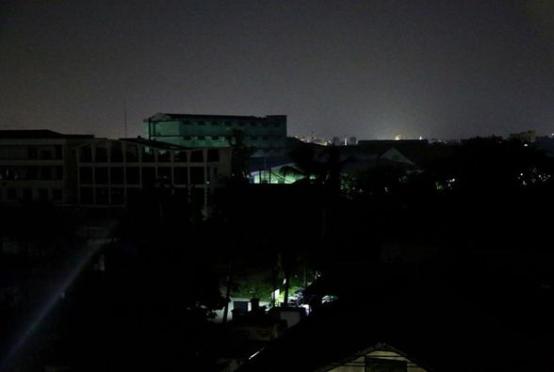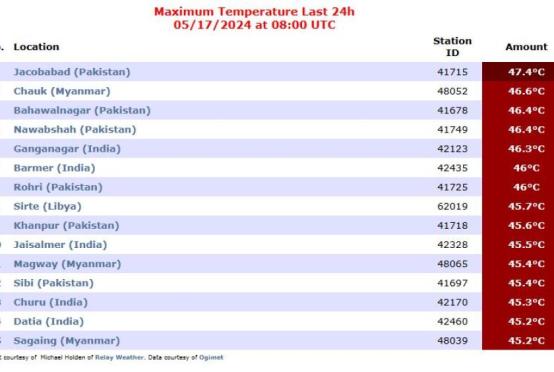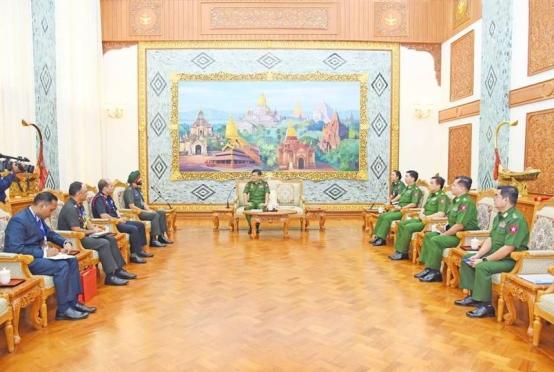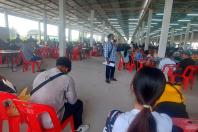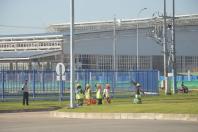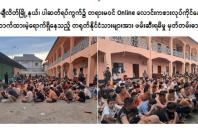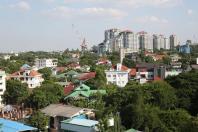Due to the spread of Covid-19, the global economy is declining. Labour-intensive factories may experience the biggest impacts caused by the Covid-19, said U Thant Zin Lwin, Secretary of Myanmar Investment Commission (MIC).
At the Ministry of Foreign Affairs, on 12 March, the government held a meeting to immediately seek means and ways to minimize the impacts caused by the Covid-19 on trade, economy and employers and employees.
Myanmar embassy in China will coordinate with the Chinese government to help solve the difficulties of Myanmar workers after the closures of factories in China.
In order to solve the possible economic impacts caused by Covid-19, Myanmar formed a working committee to draft a plan in cooperation with the government ministries, according to a statement by the President Office on 13 March.
The committee is tasked with six duties. It aims to take emergency measures and draft short-and long-term plans for declining trade and tourism, create new jobs for jobless workers and give vocational trainings to them, to seek ways of importing raw materials from other countries instead of single reliance on China as the similar incidents like Covid-19 may occur in the future. As a long-term expectation, It needs to implement the supply chain system through the establishment of weaving, knitting, dying and sewing industries and cooperation between the government and private sector. The committee is to submit its reviews to the President Office on tax exemption and tax reliefs if the Covid-19 has big impacts on local micro-and small-enterprises.

